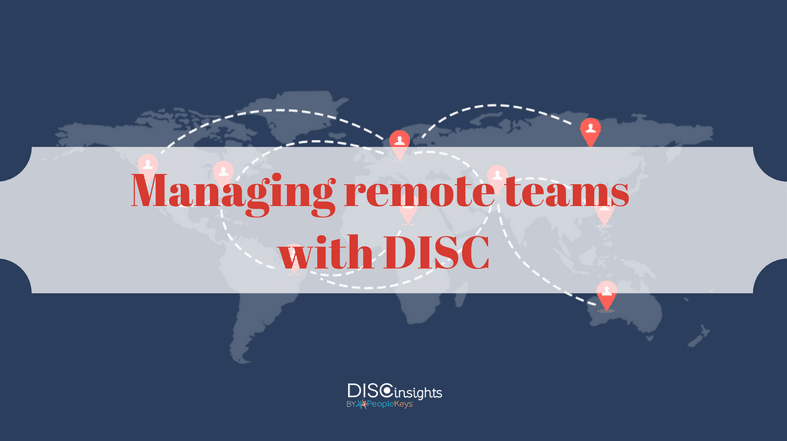
Using DISC for Building Global Markets, Part 3
READ THE FULL ARTICLE ON DISCINSIGHTS BY PEOPLEKEYS
Continuing our series on global expansion by utilizing DISC, we already reviewed the importance of DISC for strategic planning and applying behavioral analysis for hiring and teambuilding in part 1, and focused on some strengths of the different personality styles for business development in part 2. In addition, we must understand that some countries are more family-oriented than others. These cultures may be friendlier, ambitious and centered on people. Other cultures can be more impersonal – especially in business. They want to know numbers, there is very little eye contact and they can be somewhat aggressive. Short and to-the-point, we need someone to present them with the facts, while onboarding them for ongoing business initiatives. In addition, see also How do DISC styles vary by country.
We must understand the local laws, traditions, regulations, and compliances.
Creating an effective team in each new territory is only half of the journey. We must consider local societies and traditions to not offend those, who were born and raised in each region. We want to be accepted, although a foreigner in their land. We want to keep our teams happy and make sure that they are satisfied in their new positions, that we continually improve employee relations and retention. This definitely means adjusting our workstyles in effort to satisfy local traditions, holidays and standard hours of operation. See how to harness the hidden passions of your millennial employees.
Our business should operate according to local laws and regulations. We must do our due-diligence to not only understand how something is done but why this is important. Having team members, who are accustomed to these laws, we are more likely to succeed and less likely to “tick off” local authorities, while we operate. They can speak on our behalf and minimize bias faced, as we become established within the community and prove ourselves worthy, nonetheless. Through their expertise, we can learn the ins and outs of local regulations and strengthen our business over time.
Be more cognizant of local laws and traditions around the globe. Read more of this article on DISCINSIGHTS by PEOPLEKEYS.


